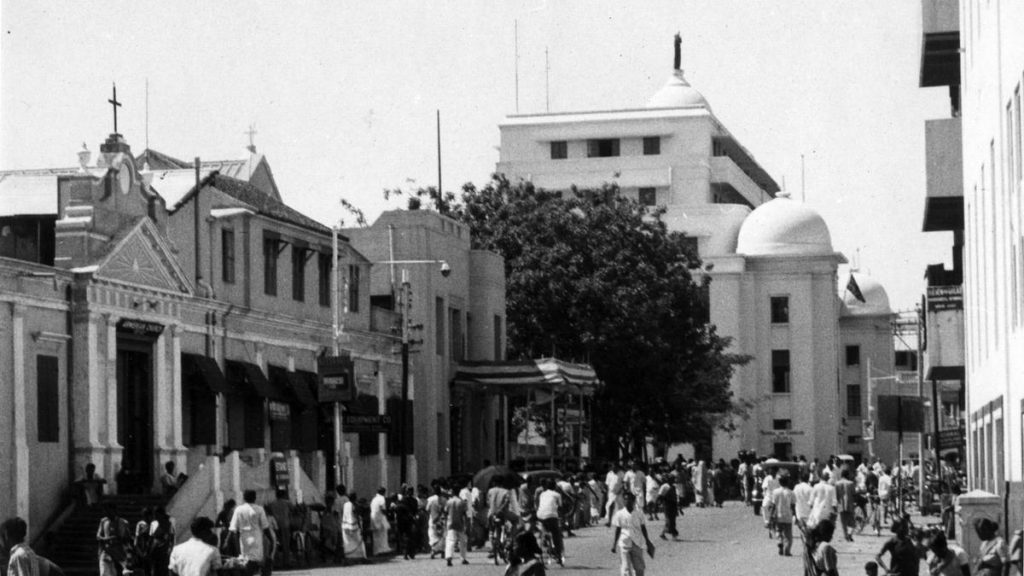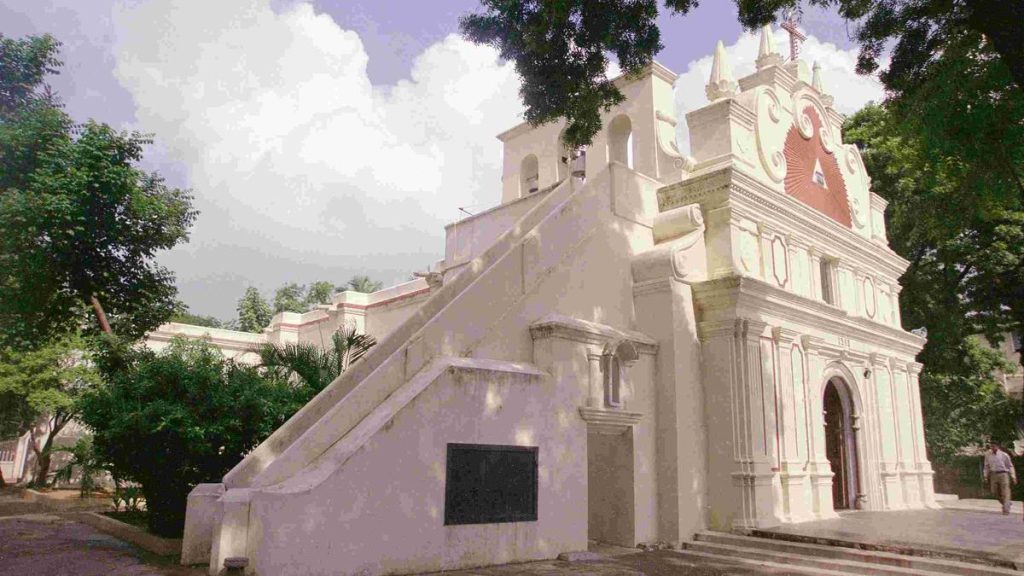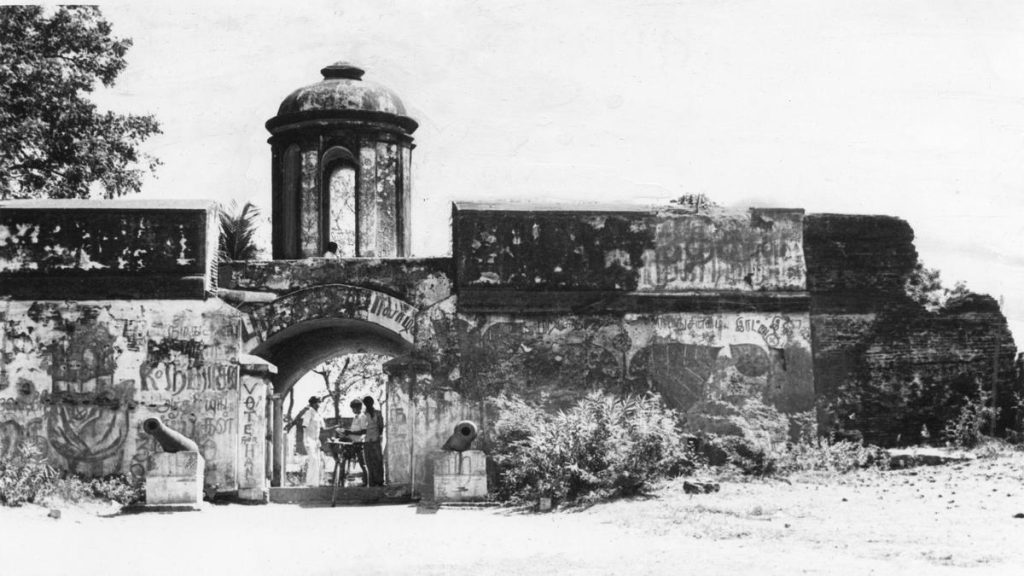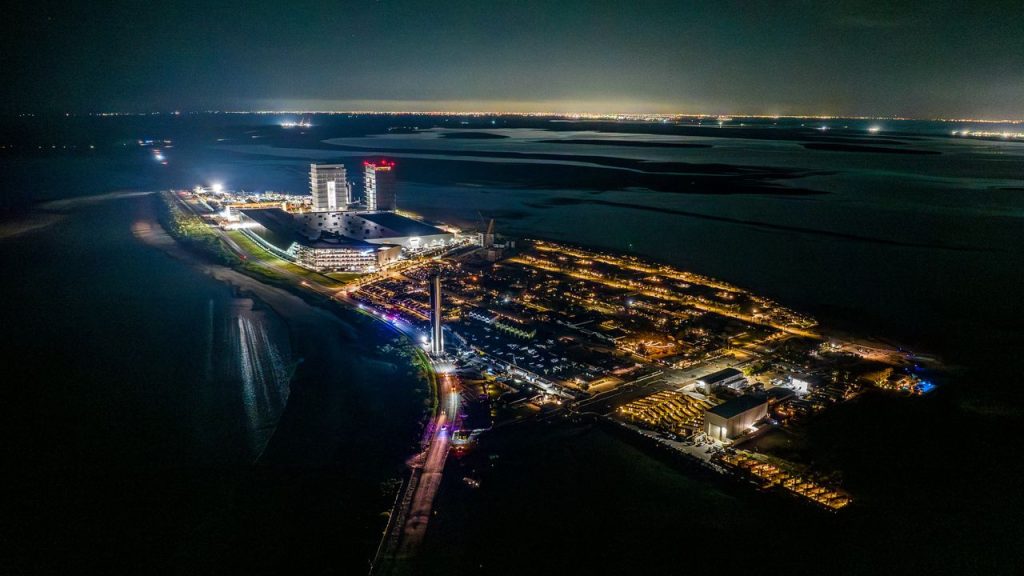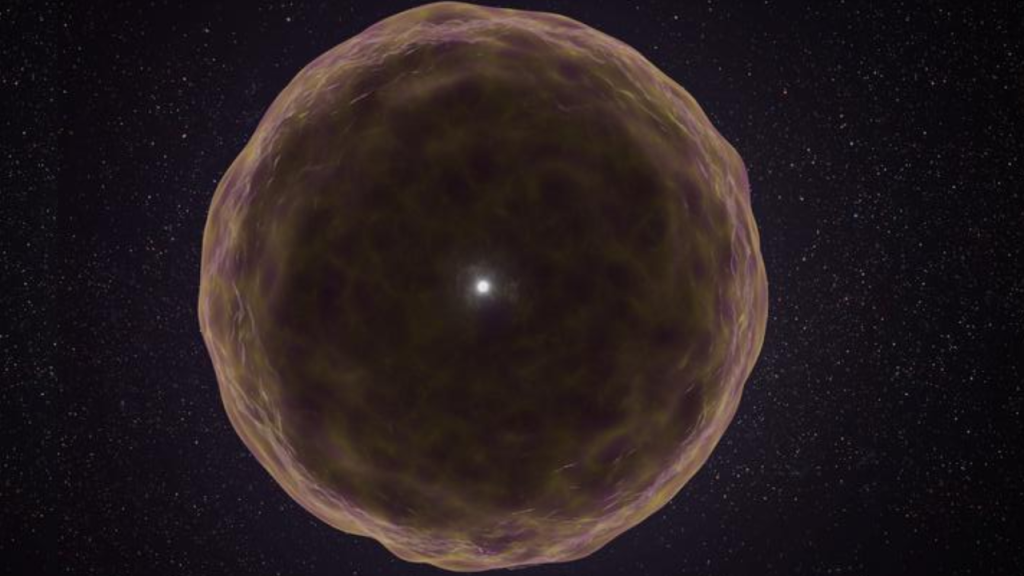Now Reading: Ancient Supervolcano Eruption Had Minimal Effect on Climate
1
-
01
Ancient Supervolcano Eruption Had Minimal Effect on Climate
Ancient Supervolcano Eruption Had Minimal Effect on Climate
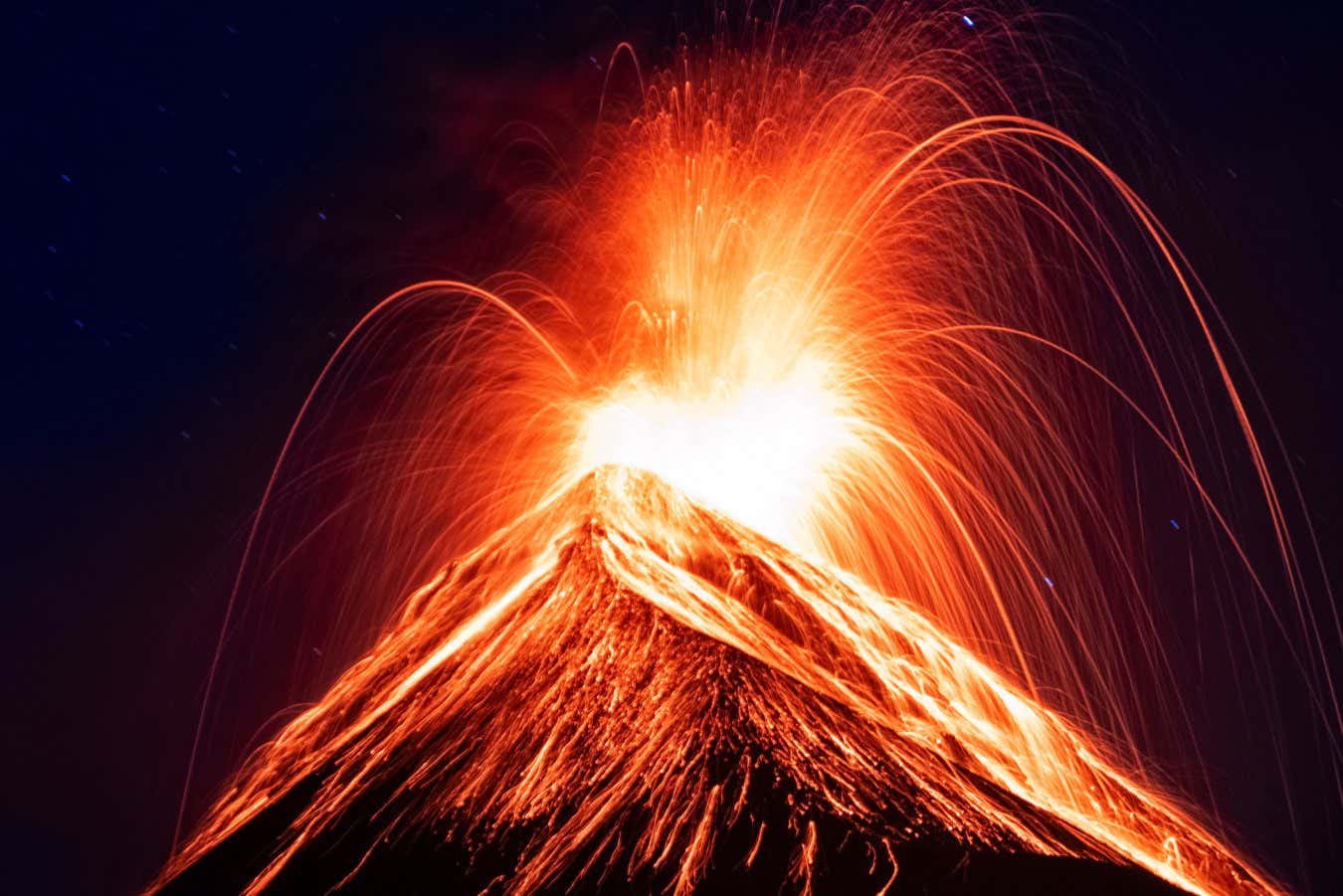
Speedy Summary
- Recent geochemical evidence from India challenges the belief that the Toba supervolcano eruption 74,000 years ago caused a severe volcanic winter.
- Analysis of ancient sediments suggests that the eruption rather led to several years of warm and dry weather.
- The Toba supervolcano eruption was colossal, releasing thousands of cubic kilometers of volcanic material into the atmosphere.
- Volcanic eruptions are generally known to influence climate due to sulfur dioxide emissions, which can block sunlight and led to cooling episodes.
!campaign=RSS%7CNSNS&utmsource=NSNS&utmmedium=RSS&utm_content=home”>Read More
Stay Informed With the Latest & Most Important News
Previous Post
Next Post
Loading Next Post...


